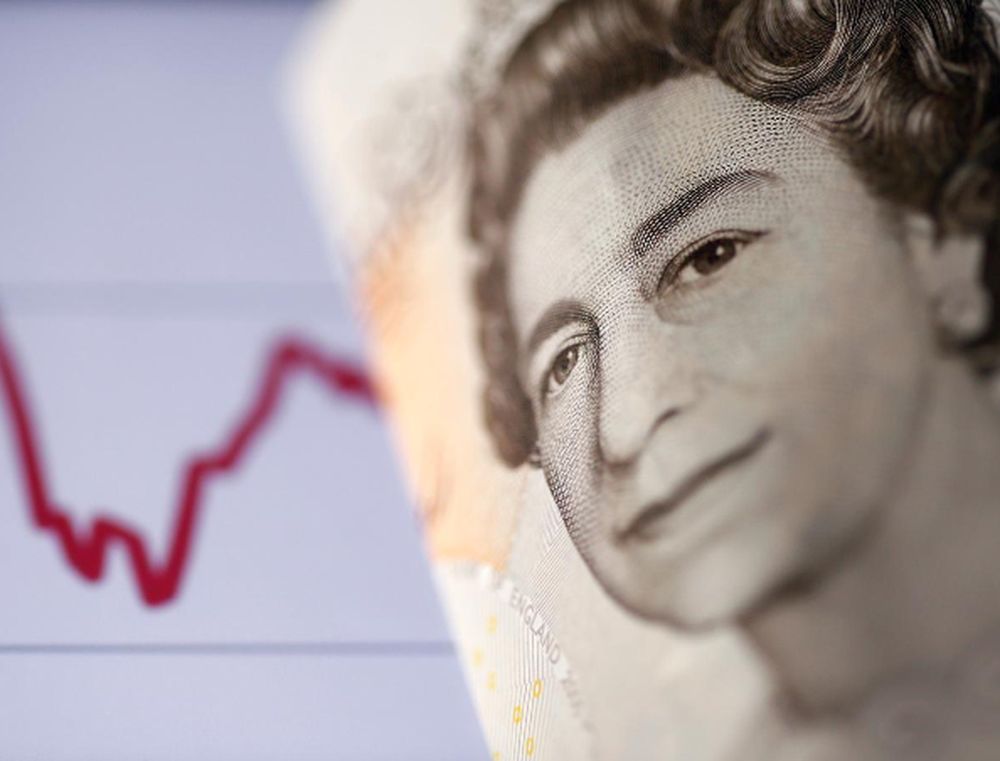LONDON, Oct 21 — Sterling jumped to a one-week high against the US dollar today after the European Union’s Brexit negotiator said today that a new trade deal with Britain was “within reach”.
The pound rose 0.9 per cent to US$1.3065 (RM5.41), its highest since October 14. The British currency also rose against the euro by 0.5 per cent at 90.83 pence on the comments.
“An agreement is within reach if both sides are willing to work constructively, compromise and working to make progress on the basis of legal texts and if we are able in the coming days to resolve the sticking points,” Michel Barnier said.
Kenneth Broux, head of corporate research at Societe Generale, said the fact that Barnier was speaking in front of the EU Parliament could have meant he sounded more optimistic, giving reason for the hungry traders to buy sterling.
“The market doesn’t sit there thinking ‘there isn’t going to be a deal, we should be trading at US$1.25’. The market wants to rally. Any positive soundbites that do come out are being jumped on as a reason to buy,” Broux said.
Having failed to reach a trade agreement by the self-imposed deadline of mid-October, Britain and the EU are now aiming to seal a deal by the end of this month.
If Britain leaves the bloc on December 31 without a deal, it would be trading with its biggest partner on World Trade Organisation (WTO) rules, which include quotas and tariffs.
Apart from Brexit, Britain is dealing with a rise in new coronavirus cases.
Covid measures in England might need to be tightened and deaths are likely to increase as a second wave of coronavirus infections in England picks up pace, deputy chief medical officer Jonathan Van-Tam said yesterday.
Britain’s government borrowing in the first half of the financial year was more than six times higher than before the Covid-19 pandemic.
Inflation in Britain rose 0.5 per cent in September year-on-year, higher than the 0.2 per cent inflation seen in the previous month. Transport costs, and restaurant and cafe prices have made the biggest contribution to the inflation rise, the Office for National Statistics said. — Reuters






















